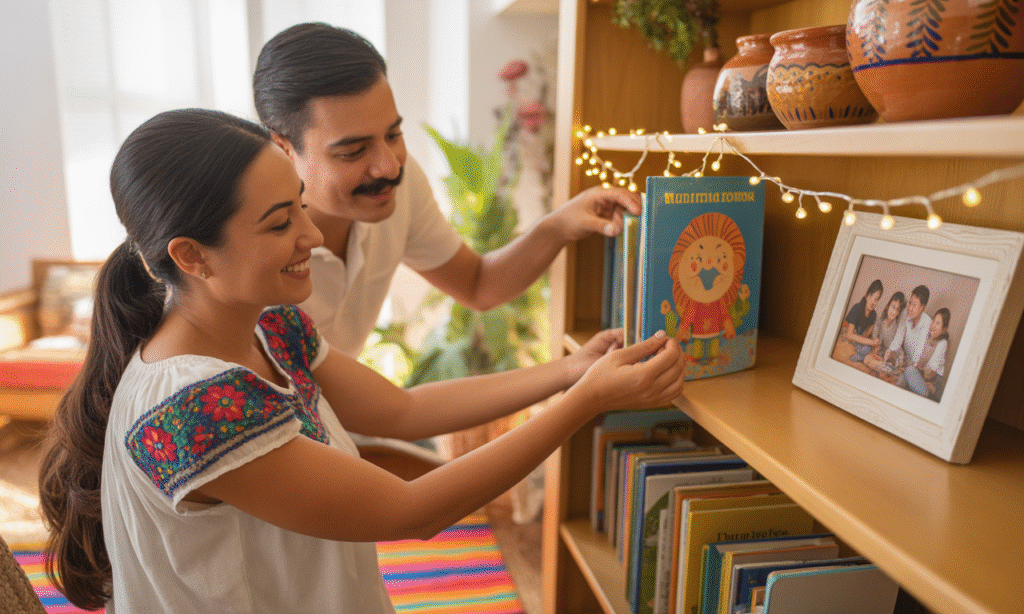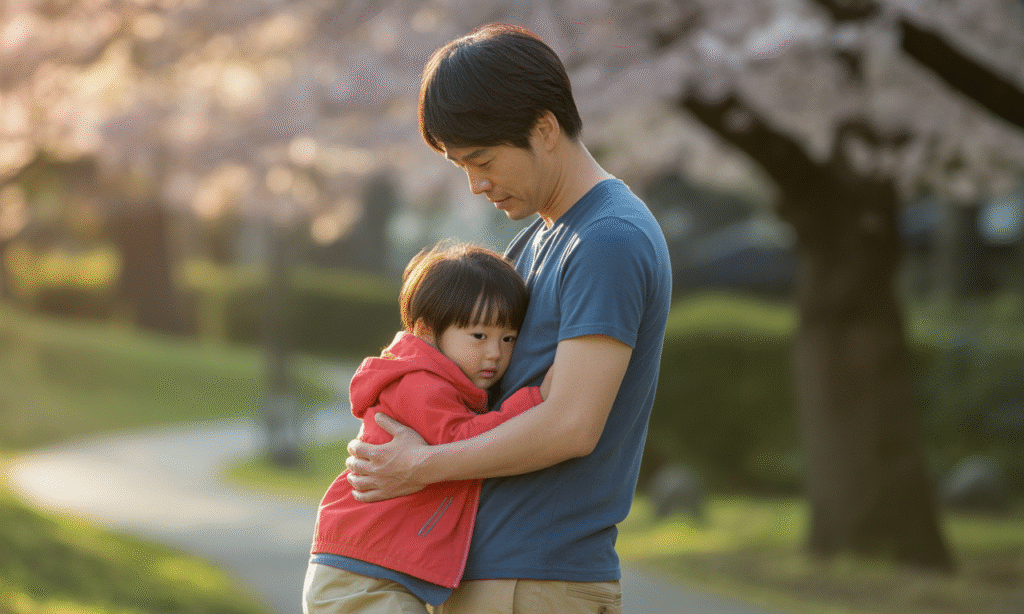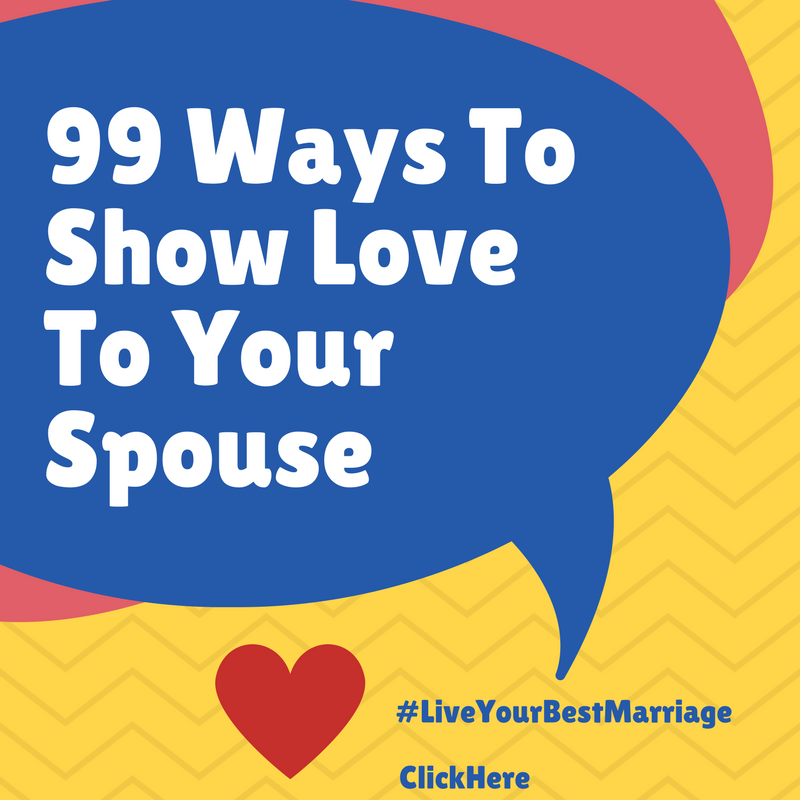You’re Not a Villain for Protecting Your Kids

Introduction
If you’ve ever walked away from a family gathering with a lump in your throat, wondering whether you were too strict, too soft, or too different—you’re not alone. Many modern parents find themselves torn between honoring family expectations and protecting their children’s emotional and physical wellbeing.
Maybe you said no to screen time. Maybe you didn’t let them eat a second piece of cake. Maybe you spoke up when a relative used language that didn’t align with your values.
And maybe you walked away feeling like the bad guy.
Let’s set the record straight: You are not a villain for protecting your kids.
In a world where “go along to get along” is often expected—especially in close families or traditional cultures—choosing to parent intentionally can feel radical. But it’s not rude. It’s not overprotective. It’s responsible.
“No” is a full sentence by itself. It’s okay to raise your children according to your values, even when others disapprove.
1: The Invisible Pressure to Conform
 Why does protecting your child feel like rebellion?
Why does protecting your child feel like rebellion?
Because many of us grew up being told to:
- Be polite at all costs.
- Keep quiet to avoid “making a scene.”
- Obey adults without question.
We internalized the idea that good children (and good parents) don’t rock the boat. So when you step outside that narrative—by advocating for your child’s needs or challenging family norms—it can feel like you’re doing something wrong.
💬 Politeness should never come at the cost of your child’s safety, confidence, or dignity.
2: When “Traditional” Values Clash With Your Parenting
 Maybe your child is being raised differently than you were.
Maybe your child is being raised differently than you were.
You’re teaching them to speak up, to name their feelings, to say “no” when something seems wrong.
But your extended family doesn’t always understand. You hear things like:
- “You’re raising them to be too soft.”
- “They’ll never survive in the real world.”
- “You’re letting them disrespect adults.”
This creates an emotional tug-of-war between honoring your past and honoring your child’s future.
🎯 What to remember: Your goal is not to make others comfortable. Your goal is to raise a healthy, whole, self-aware human being. That requires courage, not conformity.
3: Empowering Your Child to Speak Up Without Shame
 Protecting your child doesn’t just mean shielding them—it means equipping them.
Protecting your child doesn’t just mean shielding them—it means equipping them.
Teach your child:
- Their body belongs to them.
- Their voice matters, even when it’s inconvenient.
- They can speak up, ask questions, and say “no” respectfully.
This is a radical act of love in families where “being quiet” was considered a virtue.
💡 Try this script:
“When someone says or does something that makes you uncomfortable, you can come to me—even if it’s someone we know and love. I will believe you, and we’ll handle it together.”
You’re not turning your child against the family. You’re teaching them what trust actually looks like.
4: You Don’t Owe Everyone an Explanation
 You may feel tempted to justify every boundary you set:
You may feel tempted to justify every boundary you set:
- “We’re not letting her have sugar today because…”
- “We’ve chosen not to spank…”
- “He’s not coming to the sleepover because we’re working on routines…”
Stop. You don’t need a dissertation to back up your parenting decisions.
“No” is a complete sentence.
You can clarify when it feels safe and helpful. But endless explaining often invites debate, guilt-tripping, or outright disrespect. Worse, it sends the message to your child that your values are up for negotiation.
🛑 Affirmation to remember: “I don’t have to justify protecting my child. I can lead with love and stand firm with confidence.”
5: Handling Criticism and Pushback from Relatives
 Even the kindest boundaries can spark backlash.
Even the kindest boundaries can spark backlash.
You might hear:
- “Why can’t you just let things go?”
- “We didn’t raise you this way.”
These comments sting because they come from people you care about. But remember: defensiveness from others doesn’t mean you did something wrong—it means they’re uncomfortable with change.
How to respond:
- Don’t match their energy. Stay grounded. Keep your voice calm. Your tone speaks louder than your words.
- Use values-based language. Say:
“We’re trying to raise her to speak up for herself, even when it’s hard.”
“We’ve found that this works better for our family.”
- Refuse to argue. You’re not running a debate club. You’re parenting.
Sometimes, silence and a kind smile say more than any explanation.
6: Teaching Children That Safety > Approval
 Here’s what matters most: your child needs to know that your love is bigger than any outside pressure.
Here’s what matters most: your child needs to know that your love is bigger than any outside pressure.
Teach them:
- They never have to stay silent to “keep the peace.”
- They don’t have to hug anyone if they don’t want to.
- Their gut feelings are valid.
- You will back them up—even if it makes things awkward with other adults.
This builds trust. And trust builds lifelong safety.
🚨 Bonus Tip: If your child struggles to say “no,” model it for them. Let them hear you say:
“Thank you for the offer, but we’re going to pass this time.”
“That’s not a rule we use in our house.”
“We’re doing things a little differently.”
Every time you do this, your child learns that love and boundaries can coexist.
7: Creating a Safe, Values-Aligned Home
 Your home should feel like a sanctuary—not a battleground.
Your home should feel like a sanctuary—not a battleground.
If family gatherings are full of tension, judgment, or boundary-pushing, it’s okay to:
- Decline invitations.
- Host events on your own terms.
- Limit visits or set clear ground rules ahead of time.
Your child’s peace of mind is more important than anyone’s ego.
🎯 Practical Boundaries to Try:
- “We’re happy to visit, but we’ll leave if our parenting choices are disrespected.”
- “If you speak to our child in that way, we will step in.”
- “We don’t allow yelling, name-calling, or threats in our home.”
These aren’t threats. They’re limits. And healthy families can learn to respect them—even if it takes time.
8: You Are Your Child’s Safe Place
 In a world full of opinions, pressure, and confusion, your child needs one thing above all else: a parent who has their back.
In a world full of opinions, pressure, and confusion, your child needs one thing above all else: a parent who has their back.
You don’t need to parent like your relatives did. You don’t need to be agreeable at your own expense. You don’t need to perform for approval.
What you do need is:
- A clear set of values.
- The courage to follow through.
- The wisdom to walk away when a relationship becomes harmful.
Your child is watching. They’re learning from how you stand up, how you stay kind under pressure, and how you choose them—again and again.
💬 Let this sink in: You are not a villain for protecting your child. You are their anchor. Their advocate. Their first example of how to live with truth and love.
Final Thoughts: You’re the Parent—And That’s Enough
 You don’t owe perfection. You don’t owe explanations. And you definitely don’t owe anyone your child’s comfort, safety, or obedience to outdated norms.
You don’t owe perfection. You don’t owe explanations. And you definitely don’t owe anyone your child’s comfort, safety, or obedience to outdated norms.
You’re allowed to draw a line. To say, “Not in my house.” To trust your gut, even when others roll their eyes.
In fact, that’s what your child needs most.
They don’t need a parent who is always liked. They need a parent who is always brave.
Teach your children to honor their voice by honoring your own.
- 05/22/2025
-
Whitney Shayo
- No Comments

